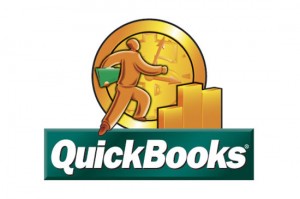Whether you’re a small or large business, sometimes your business runs at a loss. Many times that’s the sign of growing pains and potential long term problems with a business, and it pays to have an accountant helping you figure things out.
However, there are times when your business might actually be making pretty good money and you might think your business isn’t running at a loss and yet it really is. Those are the times when it’s even more important to have an accountant helping you along the way because it could end up saving you lots of money when it comes to taxes, including not owing anything at all, and only your accountant will understand all the nuances.
For instance, if your business runs at a loss in one year the IRS allows a carryover into the next year. If you run your business at a loss multiple years in a row, you get to apply it to future years as long as your revenue and income doesn’t overly supersede your expenses.
You may also incur a lot of expenses in your business even if you’re making pretty good money. If you’re some kind of corporation and the expenses are high enough you might find yourself officially running at a loss, even if things are looking up. If you’re traveling and paying your own expenses you can pretty much write everything off, even if you might not get 100% credit for it, such as for meals.
It’s a very complicated business trying to figure it all out and there’s no reason to try to take it upon yourself. That’s what accountants live for, helping other businesses find ways of protecting their businesses and themselves. The little bit of money you’ll pay your accountants could save you thousands on the back end.
